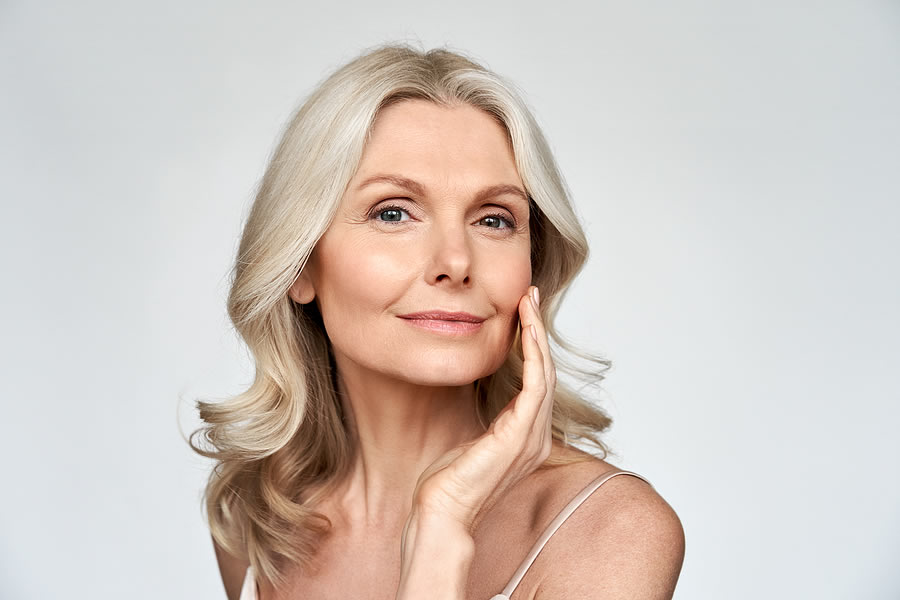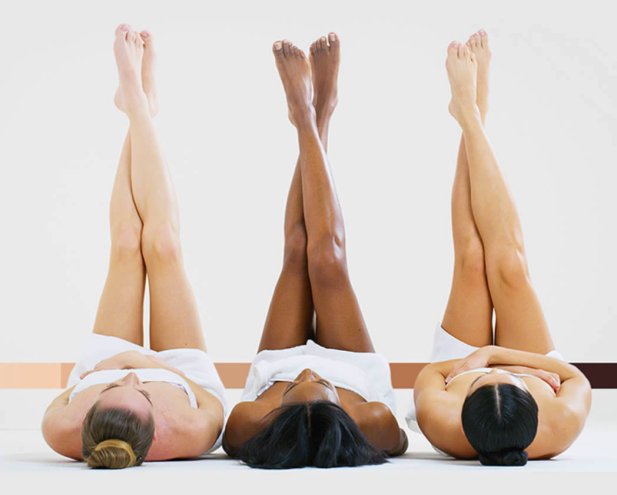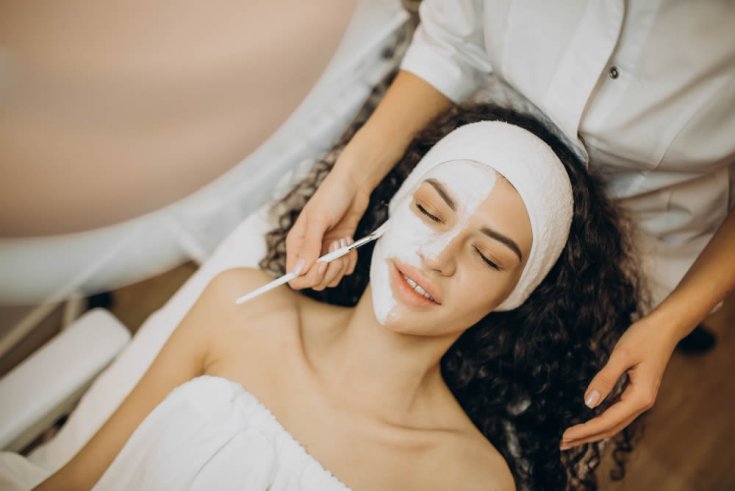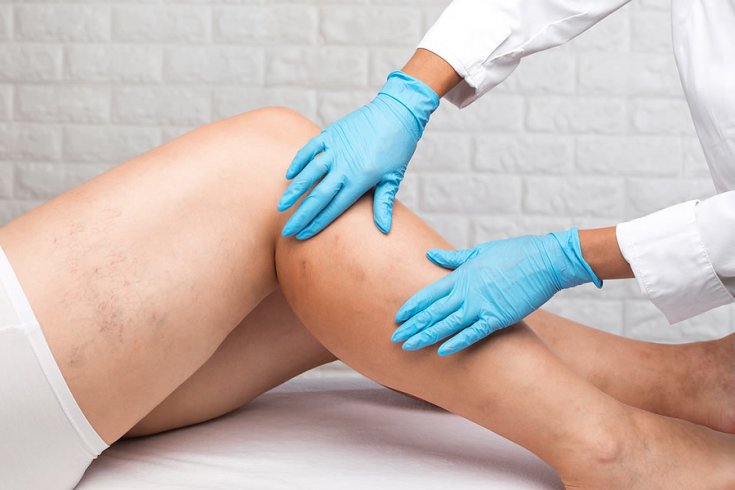How to Build a Proper Skincare Routine
Building a proper skincare routine is important for keeping skin looking and feeling great. With all of the information available online, it may seem daunting to find the ideal skincare routine for you. The flawless skin in magazines and ads may even cause unrealistic expectations. In this article, we've highlighted a few easy steps to get you started. If you like these tips or have further questions, don't hesitate to call our team at Harley Institute.
Building a proper skincare routine is important for keeping skin looking and feeling great. With all of the…
Cleaning Your Skin
One of the first important steps in skincare is to get rid of the dirt and build up that accumulates throughout the day without being too harsh on your skin. To do this, it's important to find a cleanser that works for all skin types, including sensitive skin. The product should be sulfate free and have a unique blend of moisturizers and vitamins. It's important to effectively remove impurities without drying up or irritating the skin. Gently massage the cleanser onto your skin with water and rinse thoroughly. It's important to remember, don't wipe your face with a towel. Instead, pat dry gently. This can help to prevent lines and wrinkles. If you are removing makeup, first use a cleansing oil then follow up with a cleanser.
Toner
Now that your face is nice and clean, it's time for a toner. Toner can help to restore your skin pH levels. It can also help to smooth the skin by refining rough patches and can improve skin tone. Toners that contain hydrating formulas can be used both during the day and night time. To learn more about tips and tricks and the products we like to use, give us a call at Harley Institute.
Serum
Once your skin is cleaned and toned, an important next step is to use serum. Serums absorb quickly into your skin. In the morning, it is helpful to use serums containing antioxidants like vitamin C to help protect the skin from free radicals throughout the day. Vitamin C can help to brighten skin while also protecting it. Another great moisturizing serum is hyaluronic acid. It is a great moisturizer to use before bed time. One rule of thumb is to use water-based serums under your moisturizer while oil-based serums should be applied after a moisturizer. If you find these tips and tricks helpful or would like to learn more about the products we like to use, give us a call at Harley Institute.
Eye Cream
Eye creams can be thinner than routine moisturizers. It's better to layer eye cream on top of moisturizers for optimal results. Eye creams can be used to reduce and prevent fine lines and wrinkles, puffiness, and dark circles around the eyes. To help reduce puffy eyes, it can be helpful to chill a metal roller applicator to apply the cream with.
Moisturizer and Sunscreen
Moisturizer helps to hydrate the skin while securing the other layers of products. Using a moisturizer and a sunblock combination is ideal throughout the day. Thicker creams can be more effective at night, especially if you are prone to dry skin.
If you find our tips and tricks helpful or would like more information on building a skincare routine, give us a call at Harley Institute today!







